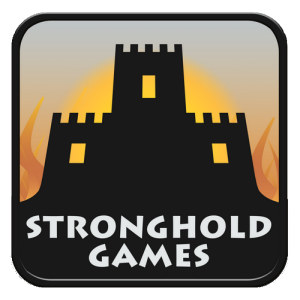Table For One – Solitaire Games
As someone who’s usually got a board game near him, I’ve found over the past few months that I’m enjoying solitaire board games more and more. I still love playing against other people, don’t get me wrong, but there’s something different about solitaire games. They’re a great way to pass the time and play some games that may not get to the table.
I’ve found that there are three kinds of solitaire games.
1) Games designed to be played with one player where the intent is to be played only by one player – Friday, Adaman, Klondike (AKA Solitaire)
Category 1 games are fun in a puzzle-like way. Beating this type of game is usually challenging and far from guaranteed and are interesting when viewed as an accomplishment. It’s frequently less about a matter of scoring and simply a matter of winning or losing. Let’s call category 1 games True Single Player games.
2) Games designed to be cooperative in nature where one player can take control of each part of the game – Arkham Horror, Tiny Epic Defenders, Sentinels of the Multiverse
Category 2 games are ones where the player takes over the roles normally run by multiple players. These usually have no rule changes between regular and solitaire play, meaning the game is the same as when played with other people. These games are Pure Co-op games where every player is working together, which can be replaced with one person.
3) Games made to play multiplayer or solitary first and foremost, but have additional rule sets or components to allow for the other experience. – Imperial Settlers, Flip City, Onirim
Category 3 are games that usually aren’t cooperative and offer two ways of playing the game, one with other players and one against the game. These usually have minor to moderate rule changes to adapt for a change in the number of players. These are Flexible games because they change based on the player count.
I enjoy each type of these games for different reasons. True Single Player games are a challenge that can’t be played any other way. Pure Co-op games are fun in solo modes because it lets you try a number of strategies that you may not want to try with other players. Flexible games give you a modified play of a game that you may enjoy with other players. They can all be fun and a worthwhile investment of your gaming energy.



